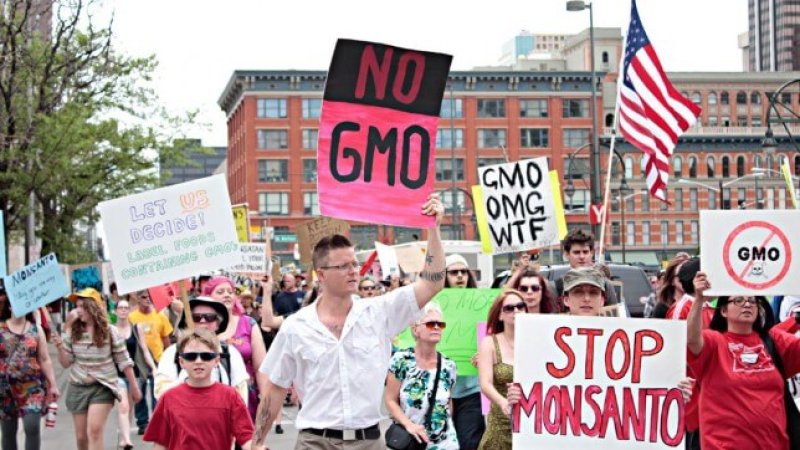It’s human nature, it seems, to resist change and fear the unknown. So it is no surprise that genetic engineering of food and feed crops resulted in their resounding condemnation as “Frankenfoods” by many consumers, who seem as terrified of eating an apple with an added anti-browning gene or a pink pineapple genetically enriched with the antioxidant lycopene as I am of self-driving cars.
…
[W]hile I endorse the public’s right to know and honest labeling of all products, in an important way it is very misleading. Farmers and agricultural scientists have been genetically engineering the foods we eat for centuries through breeding programs that result in large and largely uncontrolled exchanges of genetic material.…
Consumers concerned about the growing use of G.M.O.s in the foods they depend on might consider taking a more nuanced approach than blanket opposition. Rather than wholesale rejection, take some time to learn about how genetic engineering works and the benefits it can offer now and in the future as climate change takes an ever greater toll on food supplies. Consider supporting efforts that result in safe products that represent improvements over the original and focusing opposition on those that are less desirable.
Read full, original post: Are G.M.O. Foods Safe?































